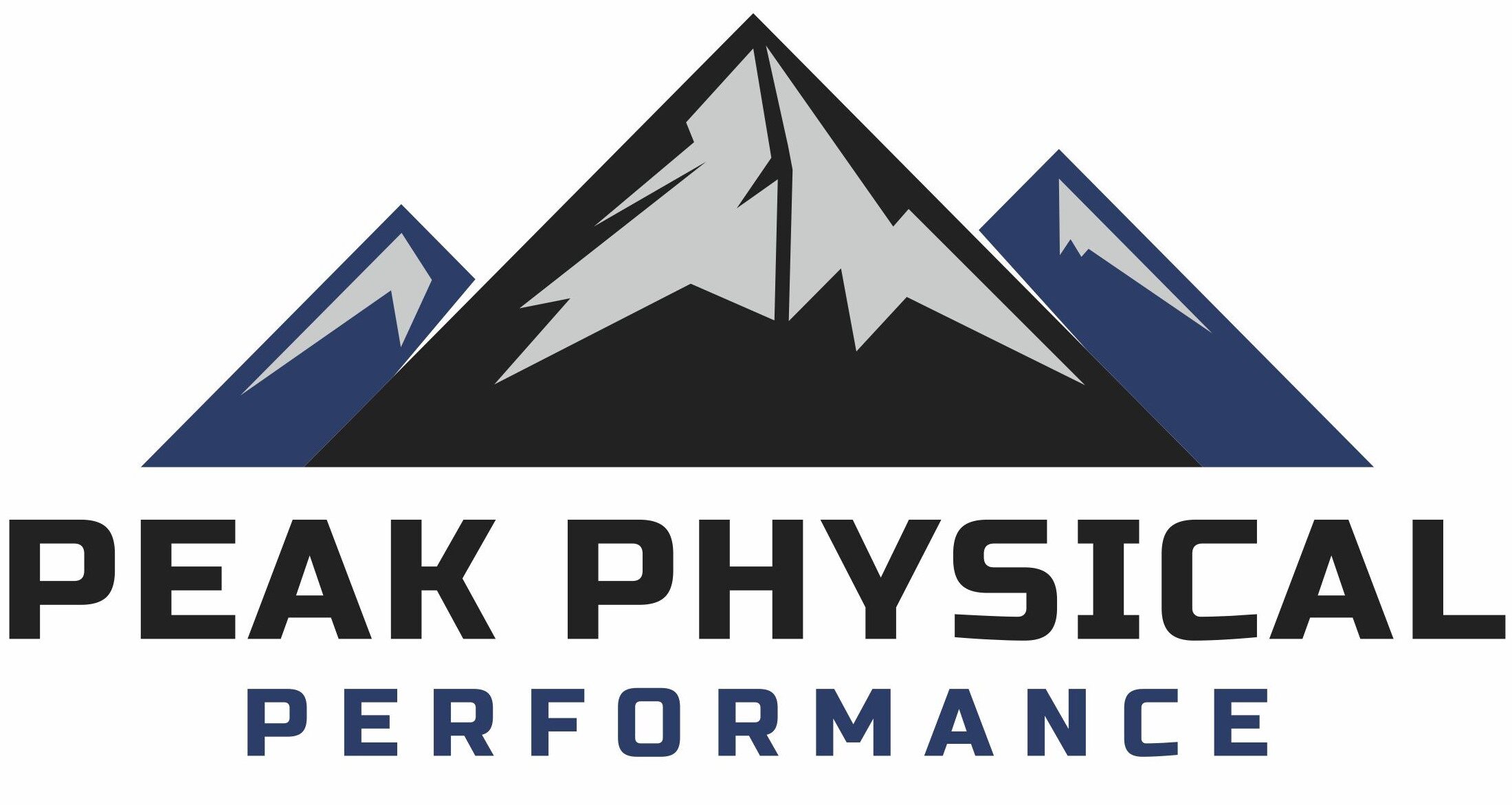Mouth taping is a practice that involves placing tape over the mouth during sleep to encourage nasal breathing. Advocates claim it can improve sleep quality, reduce snoring, and even support oral health. But what does the research say about the actual benefits?
The Science Behind Nasal Breathing
Nasal breathing has several advantages over mouth breathing. The nose filters, warms, and humidifies the air we breathe, making it gentler on our respiratory system. Breathing through the nose is also linked to better oxygenation and can activate the parasympathetic nervous system, which promotes relaxation. Mouth breathing, on the other hand, is associated with several negative effects, including dry mouth, bad breath, and even increased risk of gum disease over time (Nguyen et al., 2022).
Potential Benefits of Mouth Taping
- Improved Sleep Quality
Mouth taping may improve sleep quality for people who naturally breathe through their mouths while they sleep. A study published in Chest found that nasal breathing helped reduce snoring and improve oxygen saturation in some individuals with mild obstructive sleep apnea (Zaghi et al., 2020). Although research on mouth taping itself is limited, the potential for improved sleep quality is based on the positive effects of nasal breathing. - Reduced Snoring
Mouth taping could reduce snoring, particularly for people with open-mouth snoring patterns. By keeping the mouth closed, taping encourages nasal breathing, which might alleviate snoring. However, the effectiveness varies from person to person and largely depends on individual breathing habits. - Enhanced Oral Health
Mouth breathing during sleep can dry out the mouth, increasing the risk of tooth decay and gum disease. By taping the mouth shut, saliva production stays regulated, helping to protect oral tissues from the adverse effects of dryness (Almeida et al., 2019).
Limitations and Safety Concerns
Though mouth taping may have some potential benefits, it is essential to approach this practice with caution. Individuals with nasal blockages or respiratory conditions should consult a healthcare provider before trying it. Additionally, people with severe sleep apnea should avoid mouth taping, as it may prevent the body from reacting to breathing interruptions during sleep.
Final Thoughts
Mouth taping may offer benefits for some people, especially if it helps reduce mouth breathing during sleep. While early studies suggest that encouraging nasal breathing can support better sleep quality, snoring reduction, and oral health, more research is needed to confirm these outcomes specifically with mouth taping.
If you’re considering mouth taping, speak with a healthcare provider first to ensure it’s a safe option for you. Proper nasal breathing techniques or seeking guidance from a sleep specialist may also be beneficial.
References
- Almeida, F. R., et al. (2019). The effects of mouth breathing on oral and dental health. Journal of Clinical Sleep Medicine, 15(3), 345-353.
- Nguyen, M. H., et al. (2022). Health implications of nasal vs. mouth breathing: A review. International Journal of Health Sciences, 11(2), 102-110.
- Zaghi, S., et al. (2020). The effects of nasal breathing on sleep quality and snoring in mild obstructive sleep apnea. Chest, 158(4), 1238-1244.



Comments are closed